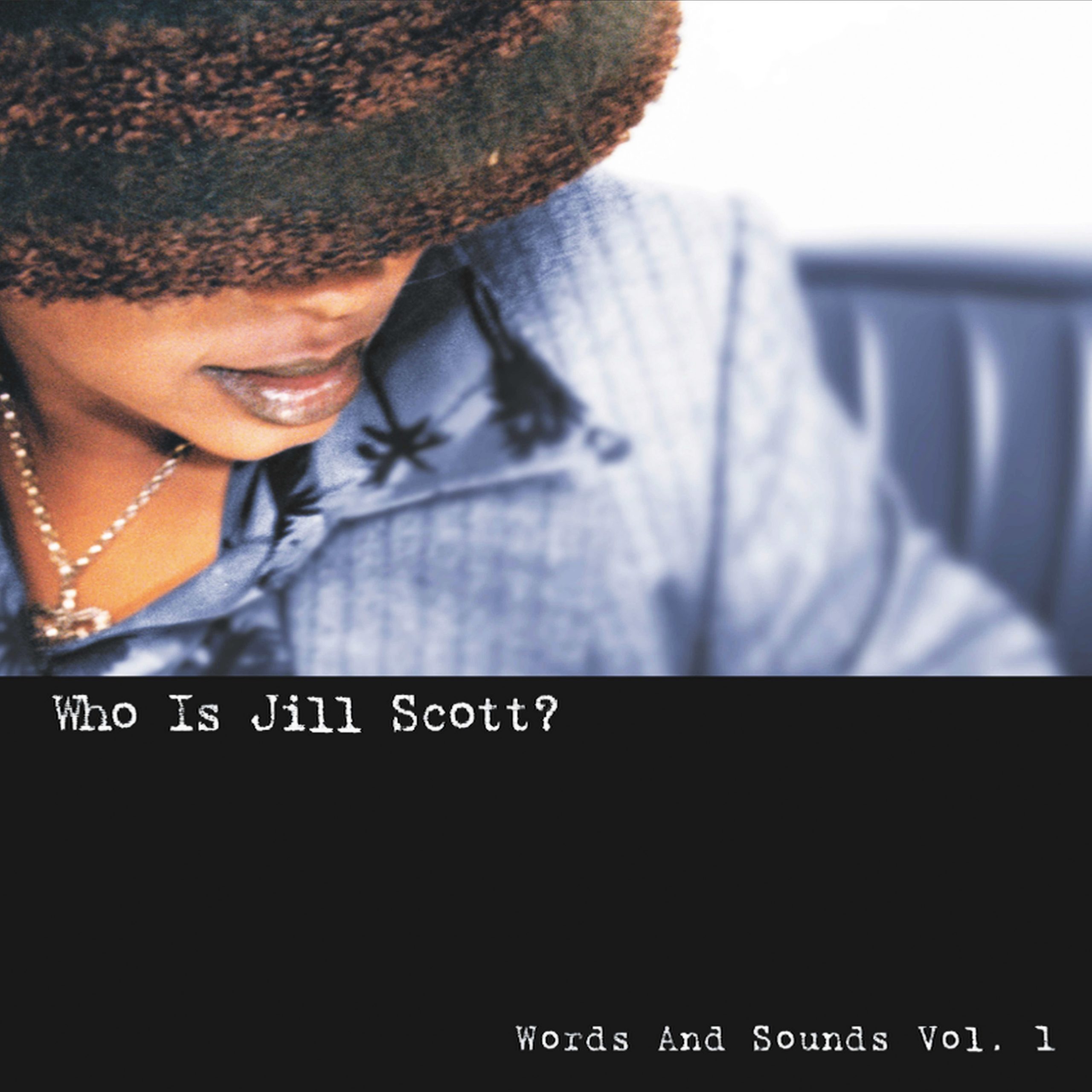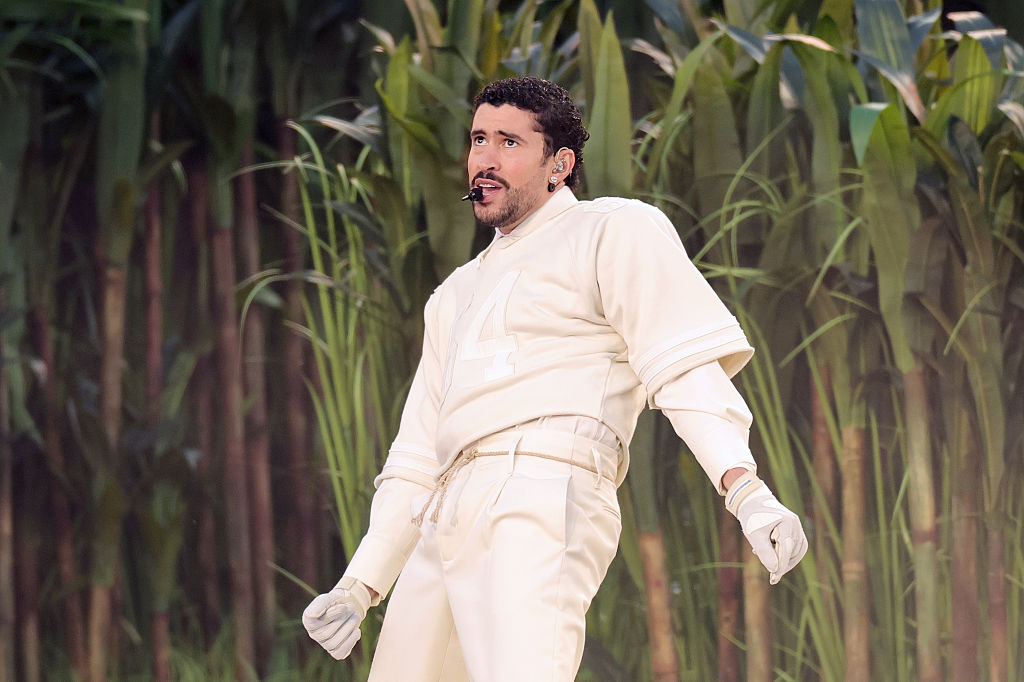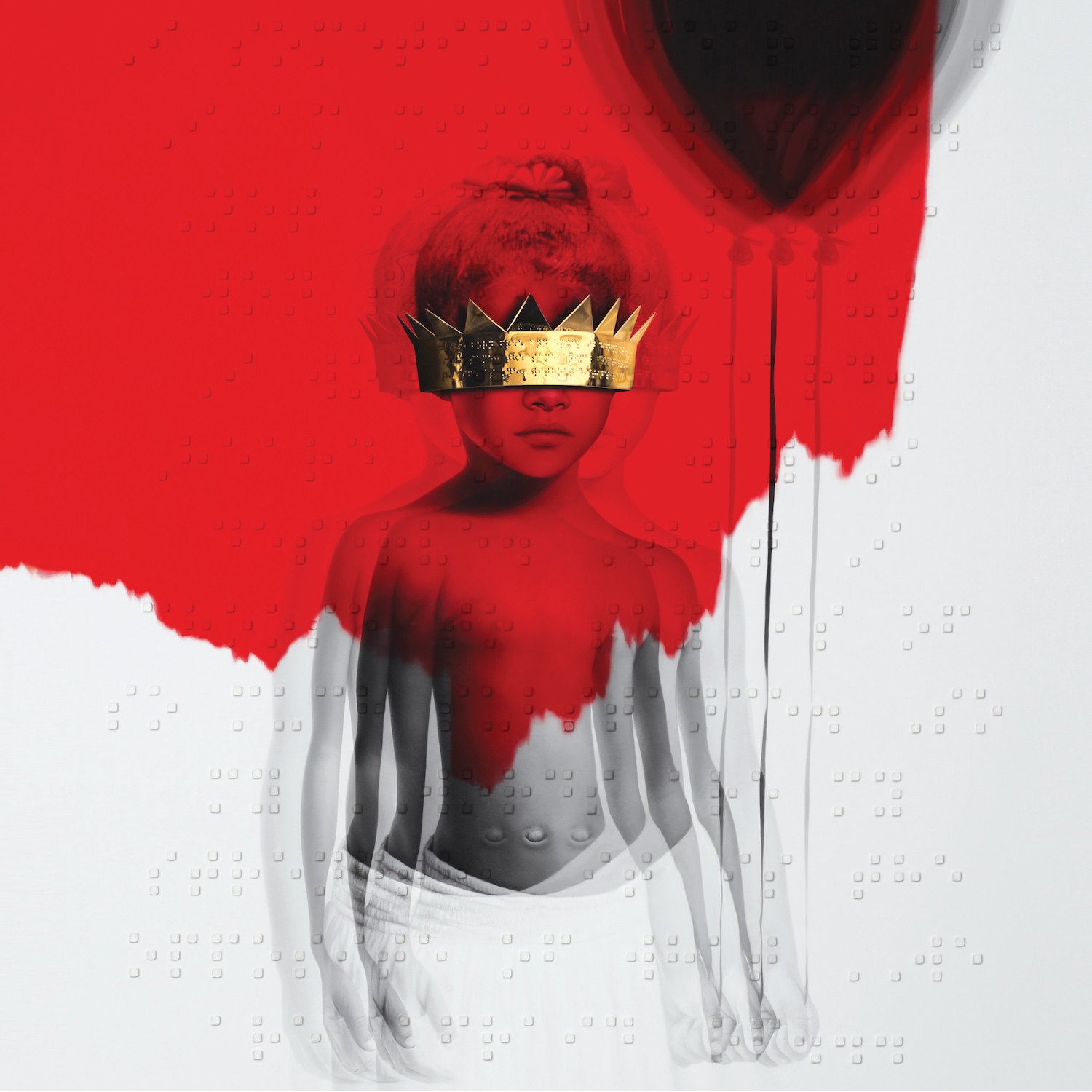While blonde teenybopper prima donnas ruled MTV’s Total Request Live during the early 2000s, the era also ushered in a North Philadelphia-based R&B powerhouse who was just as ubiquitous to poetry cafes as she was to summer block parties. One spin of Jill Scott's debut album Who Is Jill Scott?: Words And Sounds, Vol. 1 was all it took to get a grasp on the titular question. Whether she was reflecting on a nighttime stroll with a new beau, pondering just how deeply her partner enticed her love languages, or making a pre-workday breakfast with a side of griiiiiits in, Scott’s essence was palpable. More than just an R&B pioneer that rounded out the neo-soul period, Scott perfected a relatable sisterspeak that Black women felt naturally at home with.
Although Who Is Jill Scott? turns 20 years old this Saturday, fans commemorated the anniversary a bit early. On the weekend of Scott’s pre-Mother’s Day #Verzuz livestream with fellow soul veteran Erykah Badu -- a webcast that drew more than 700,000 viewers at its peak, more than any other #Verzuz event so far -- the two singers’ catalogs accumulated 6.7 million track streams combined, more than tripling their stats from the two days prior. Fresh off of performing the second installment of the Quarantine Concert Series on the Badu World Market website, Badu absorbed the strength of the Bruce Lee footage projected behind her while trading virtual praise with Scott. At a time when the country was urged to #stayhome as COVID-19 numbers peaked, this was as close to a 20th anniversary tour as Scott would get, a chance for Black women of all generations to circle back to her resoundingly familiar beginnings.
https://youtube.com/watch?v=TSYMKUtNuw8
Long before conscious hip-hop vanguards the Roots were immortalized on the back of World Communications Charter School in South Philly, the group led the late-’90s emergence of the soul-imbued poetry scene. Between working at a local Urban Outfitters and as a teacher’s aide, Scott was also moonlighting as a spoken word artist when she became intermingled with the Roots drummer Questlove, who immediately invited Scott to the Things Fall Apart recording sessions. The group took a liking to her round-the-way aptitude, recruiting her to co-write and sing on their 1999 single “You Got Me.” Before the song was pushed to radio, the Roots’ label MCA Records campaigned for Badu to replace Scott’s vocals, recognizing the song’s commercial potential.
Profusely apologetic for the vocal replacement, the Roots eventually coaxed Scott -- who had spent much of 1999 traveling Canada with a touring production of the Broadway musical Rent -- to join them on the road for nightly performances of “You Got Me,” which soon won a Grammy for Best Rap Performance. Between tour stops, Scott hammered out recording sessions that would become Who Is Jill Scott? While the slight by MCA Records could have derailed Scott’s optimism and pitted her and Badu against one another, Scott moved forward, preparing a colossal, genre-redefining debut.
Rather than straying far from home, the cultural landscape of Scott’s upbringing provided the basis of Who Is Jill Scott? In a 2000 New York Times feature, the provisions of keeping Scott’s debut Philadelphia-centric were laid bare: “She takes the listener through the looking glass to where there is singing in the streets and real instruments are played rather than electronically sampled (‘that's a Philadelphia thing’). The harmonies, neither fancy nor in the foreground, are nevertheless harmonious. Taken all together, it's called ‘neo-soul.’” As Philadelphia neo-soul was magnified through contributions from UK transplants Floetry, octave-defying crooner Bilal, and saccharine singer-pianist Vivian Green, Scott led the pack through unabashed intimacy.
While her writing was often amorous, Scott was also confrontational, even through her repose. A surprise woman-to-woman showdown during a grocery store visit on interlude “Exclusively” segues into a feisty warning on “Gettin’ In The Way” as Scott, unafraid to take the encounter to the streets, threatens the other woman to “back down.” In the same video, a brown lipstick-coated Scott gathers her entire neighborhood for a climatic standoff, clenching her rival’s clip-in ponytail by the song’s end. Scott’s no-holds-barred relatability made Black women feel visible, dismantling the idealized, glamorous projections of themselves in music. Her unapologetically afrocentric image was an anomaly in an industry rampant with svelte vixens with floor-sweeping hair extensions.
As referenced in a 2019 Pitchfork retrospective, in addition to her own candid testimonies of love, Scott was the omniscient narrator that chronicled the stories of her environment:
The ever-present chorus of friends offering loving, ribbing commentary on each other’s lives, children scampering across playgrounds and playing clapping games, old folks sitting on porches or playing dominoes, dudes hanging out on the corner, the smell of cooking wafting into a neighbor’s window. Who Is Jill Scott? situated the musician’s inner world within a neighborhood, brimming with people living their lives, and celebrated the social fabric of her community. It was a head-nod in passing, a shout across the street, and the mixing of generations.
Who Is Jill Scott? was situated deeply in the ever-changing flow of love. Although engaged at the time to Lyzel Williams -- the inspiration behind the softly wondrous “He Loves Me (Lyzel in E Flat)” -- Scott didn’t shy away from her qualms with infatuation. As women often find themselves lost in the pursuit finding solitude in a partner, on "One Is the Magic #," Scott reassures that the truest form of love comes from within: “So many times I define my pride/ Through somebody else’s eyes/ Then I looked inside and found my own stride/ I found the lasting love for me/ If I’m searching for my spirituality/ Passionately I must begin with me."
As social media continues to ponder over "entanglements" a week following Jada Pinkett-Smith’s recent episode of Red Table Talk with longtime husband Will Smith, Who Is Jill Scott? stands out as a multifaceted peek into love without blurred lines. In a 2000 interview with The Washington Post months after the album was released, Scott acknowledged that even as love becomes complicated to navigate, there can also be self-transformation:
Because her songs are so personal, "folks are looking to me as a guru, to a certain degree, on love," she says. It's a role she'd rather not play. "All I'm saying is, the hurt that you feel, feel it. Lay down on the floor. Cry. Scream. Have it out. Don't deny it. Hurt for real. And then heal."
Scott intended to celebrate the 20th anniversary of Who Is Jill Scott? on tour alongside alternative R&B trio Moonchild this year. The pandemic put a stop to that, but the album’s legacy is alive and well in the work of artists who know full well who Jill Scott is. Perhaps you can hear it in H.E.R.'s sensual rasp and Summer Walker's introverted charm, in music scenes all over the world where Black women are expressing the complexities of their lives with confidence and grace. Scott is now a matriarch for the contemporary generation of R&B. Two decades later, her debut stands as a nexus between self-assured identity and love that can withstand insurmountable hurdles.






